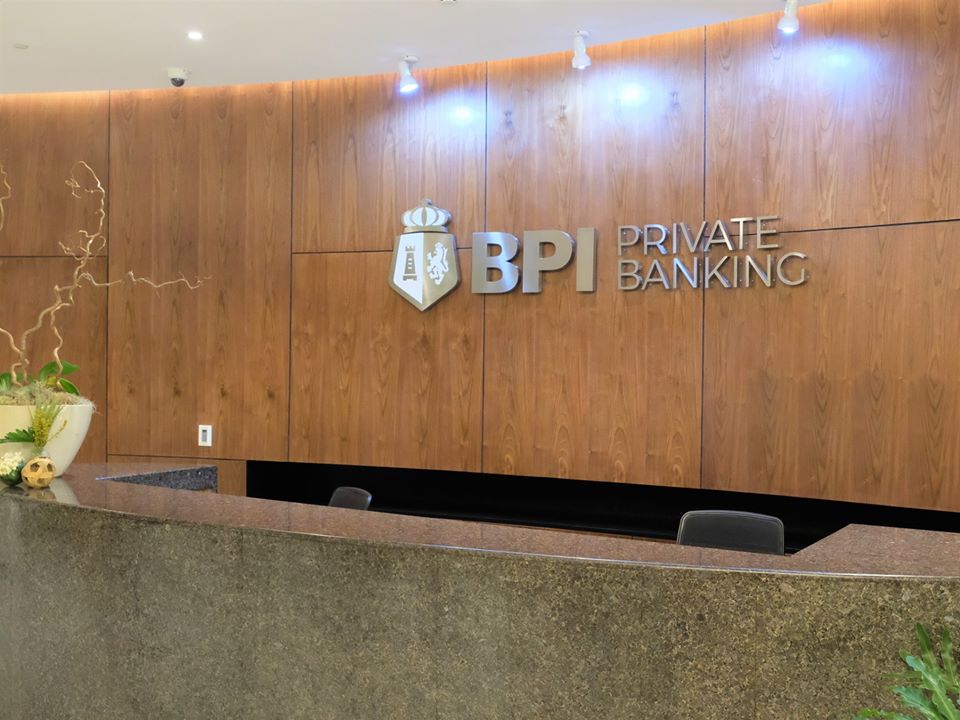MANILA, Philippines – Philippine-listed Bank of the Philippine Islands (BPI) announced that it will merge with BPI Family Savings Bank (BFSB), its wholly-owned thrift bank subsidiary, with BPI as the surviving entity.
The merger, which BPI hopes to complete this year, will prime the bank to seize emerging opportunities and ultimately enhance the overall banking experience of customers.
“The integration of both entities will provide considerable advantages to the customers and employees of BPI and BFSB, and present potential synergies that will benefit shareholders,” BPI said in a disclosure to the Philippine Stock Exchange.
The reduction in the gap in regulatory reserve requirements between commercial banks and thrift banks was also a factor in the timing of the transaction.
BFSB is the country’s largest thrift bank with P287 billion in assets, P235 billion in deposits and P227 billion in loans. BFSB has focused on providing housing and auto loans to Filipino families, and is a market leader in these loan segments. BFSB has approximately 3,000 employees.
“This merger has the best interests of our customers and employees in mind,” said BPI President and CEO Cezar P. Consing, who is also the Chairman of BFSB. “As One BPI, our 8.5 million customers will be able to enjoy the full suite of the BPI group’s products, via all our digital and physical channels. Similarly, as One BPI, our employees will have the ability to work across a larger, more varied bank, while having continuity of tenure and job level.”
“If our customers and employees are better off, our shareholders will also benefit. This merger is timed to provide us with the platform to help lead the economic recovery that is sure to come,” Consing added.
BPI is the first bank in the Philippines and Southeast Asia. It is licensed as a universal bank by the Bangko Sentral ng Pilipinas to provide a diverse range of financial products and services.
The bank said it has a strong capital position underpinned by stringent compliance and risk management regimes and has investment-grade ratings of BBB+ (S&P), Baa2 (Moody’s), and BBB- (Fitch). – BusinessNewsAsia.com
